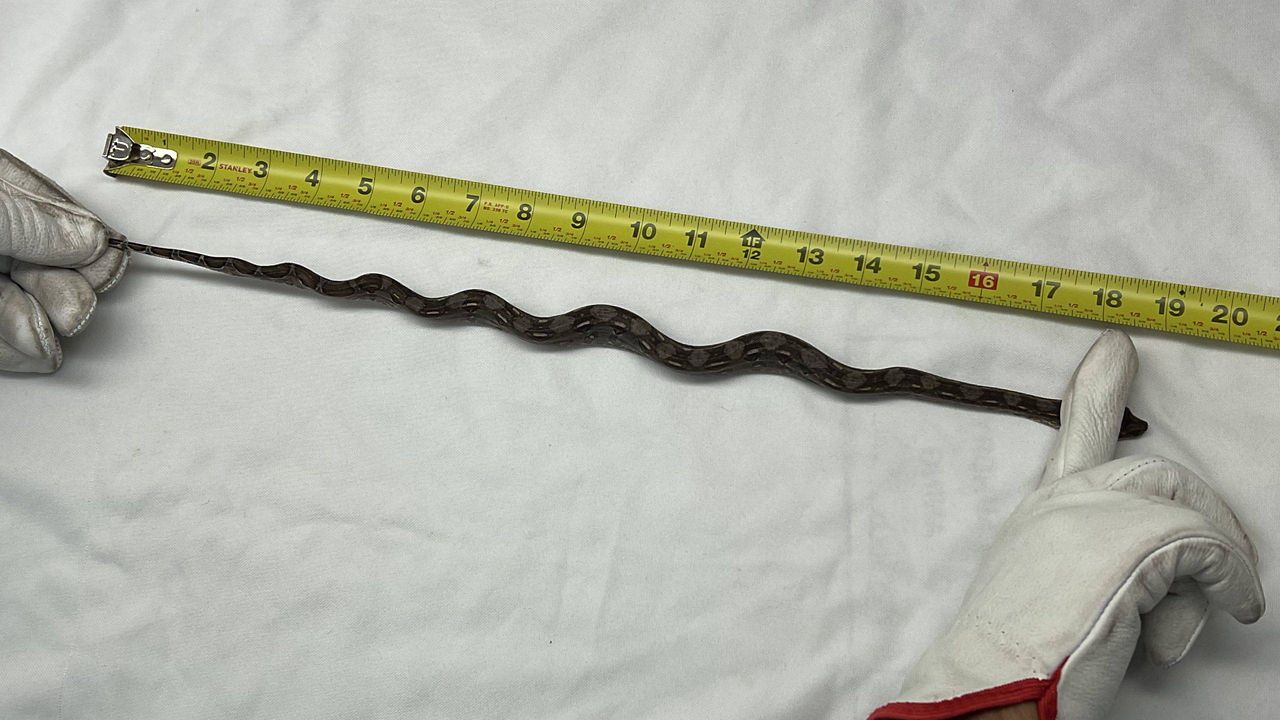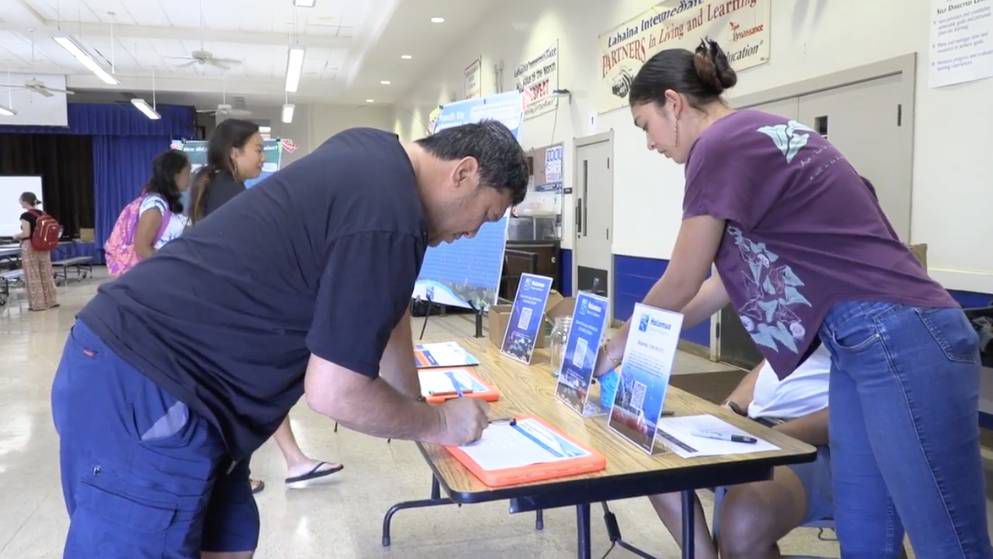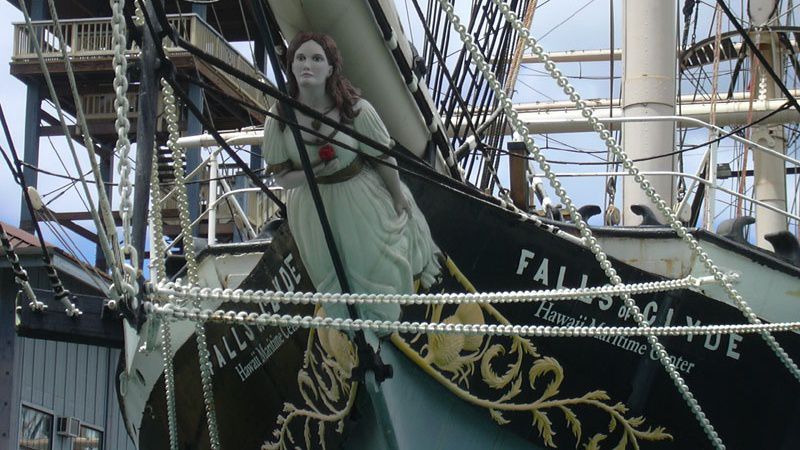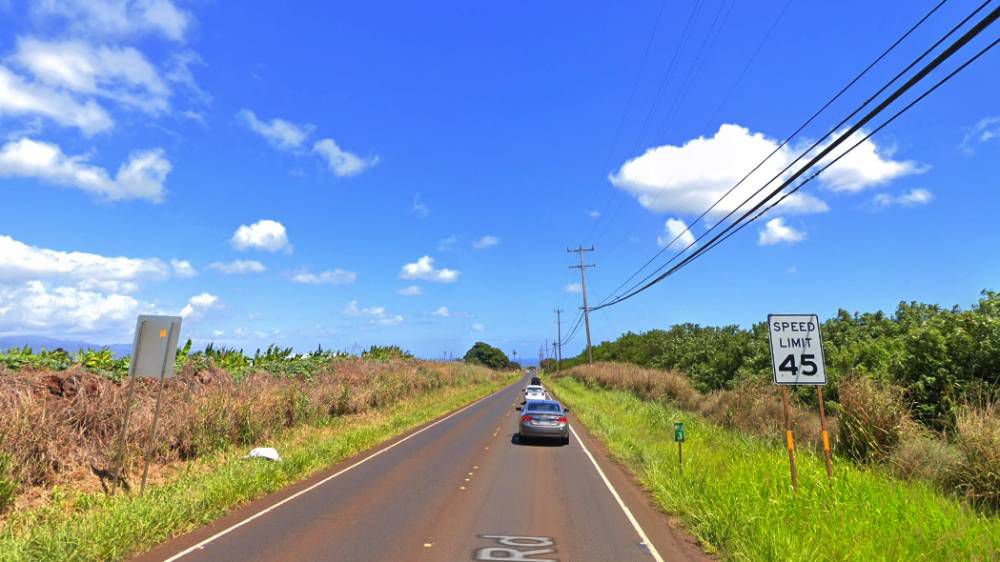HONOLULU — It wasn’t quite “Snakes on a Plane” — more like a single (small, mostly harmless) snake on a boat — but the discovery of a juvenile boa constrictor slithering atop the deck of a cargo ship headed for snake-free Honolulu was enough to mobilize U.S. Customs and Border Protection agents and the Hawaii Department of Agriculture on Saturday.
Agricultural inspectors from HDOA’s Plant Quarantine Branch met the ship at Pier 31 and found the snake in a hole in the deck floor. They extracted the just-over 18-inch snake and brought it back to the branch, where it remains safeguarded.
Boa constrictors are non-venomous and are native to Central and South America. Adults can reach up to 12 feet in length and have a normal diet of small mammals such as mice and rats. According to HDOA, Snakes and large reptiles pose a serious threat to Hawaii’s unique ecosystem as they compete with native animal populations for food and habitat. Many species also prey on birds and their eggs, increasing the threat to our endangered native birds. Large snakes may also be a threat to humans and small pets.
State law prohibits the transport and possession of snakes. Under the Amnesty Program, illegal animals may be turned in to any HDOA office, any municipal zoo or aquarium, or the Humane Society. If illegal animals are turned in prior to the start of an investigation, no criminal charges will be pursued and no fines will be assessed.
Individuals possessing illegal animals may be charged with a class C felony, which carries penalties of up to $200,000 and three years in prison.
Anyone with information on illegal animals should call the state’s toll-free PEST HOTLINE at 643-PEST (7378).
Michael Tsai covers local and state politics for Spectrum News Hawaii. He can be reached at michael.tsai@charter.com.









